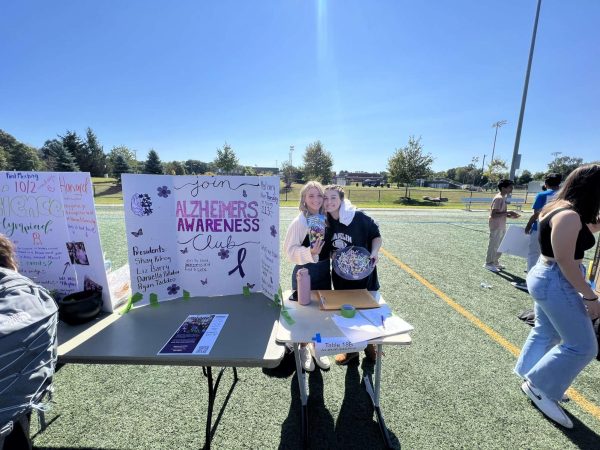Power of Music

March 28, 2019
Music is powerful in today’s society. It allows people to express themselves and acts as a form of entertainment that anyone can take part in.
Freshman Elise Ravech says that music is most helpful when used as a background noise or a distraction. Music acts as a way to feel less distant and alone while everything else goes on around her.
Music therapy can also help people going through stress and depression, the type of music needed to help makes a difference. If you listen to classical or meditative noise, it may help, whereas techno and heavy metal will cause the symptoms to be worse.
Where music can help, it can also become too much of a distraction. People trying to drown out their lives and not face reality can use music to keep themselves busy. In some cases, this can be dangerous if someone needs serious help.
The power of music can change someone’s mood. Freshman Olivia Giddings shares that she listens to happy music when she is sad to bring her mood up, whereas Ravech listens to sad, slow music when she is upset.
Ravech also admits she listens to fast-paced music when she wants to dance and be happy.
“I listen to happy music to have an outlet to forget everything bad that has happened throughout the day,” says Ravech.
One person may have many different playlists of music for different times of their lives.
Giddings says: “Everyone has a different way of expressing their feelings, and so many different genres that people can choose from.”
Music is a versatile and personal topic. The different genres can be geared to different types of people. With music, choice can also come hesitation when in a group of people. Your music reflects who you are as a person.
If someone’s preferred music is not enjoyed by others, or it is not the “popular” thing, they can think they are doing something wrong. While also feeling forced to like the trend, conforming to what everyone else listens to.
















